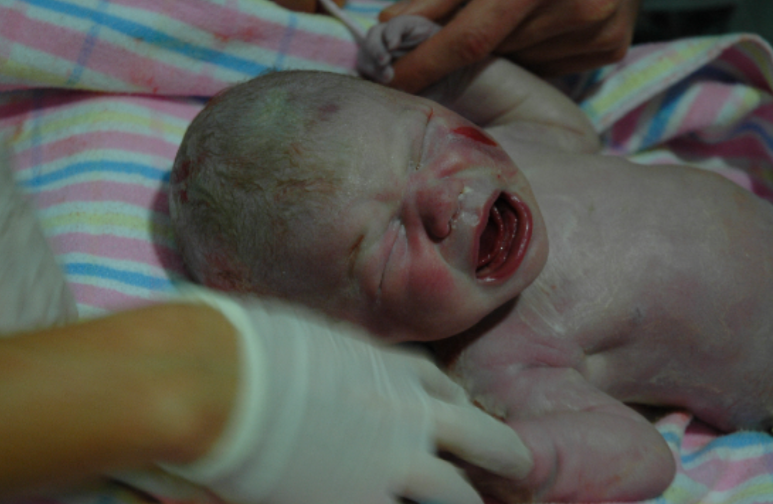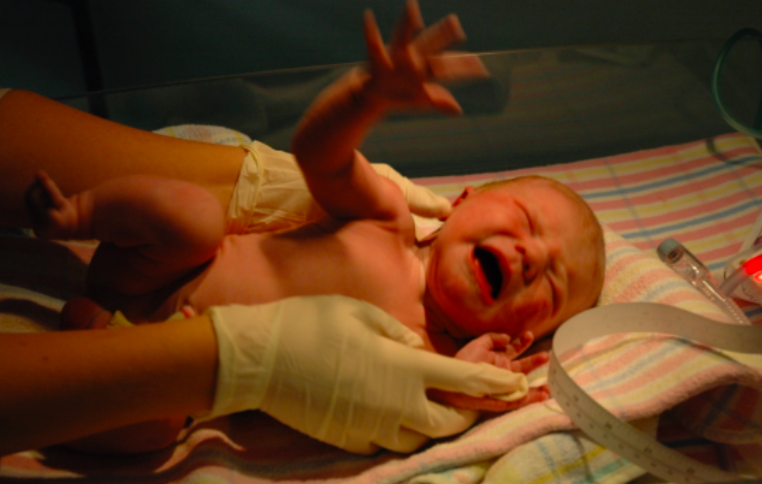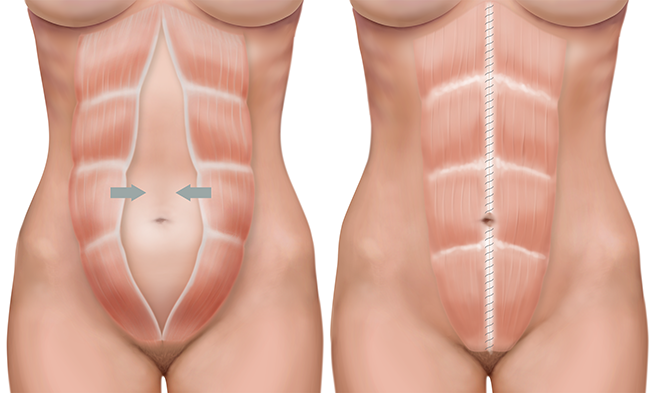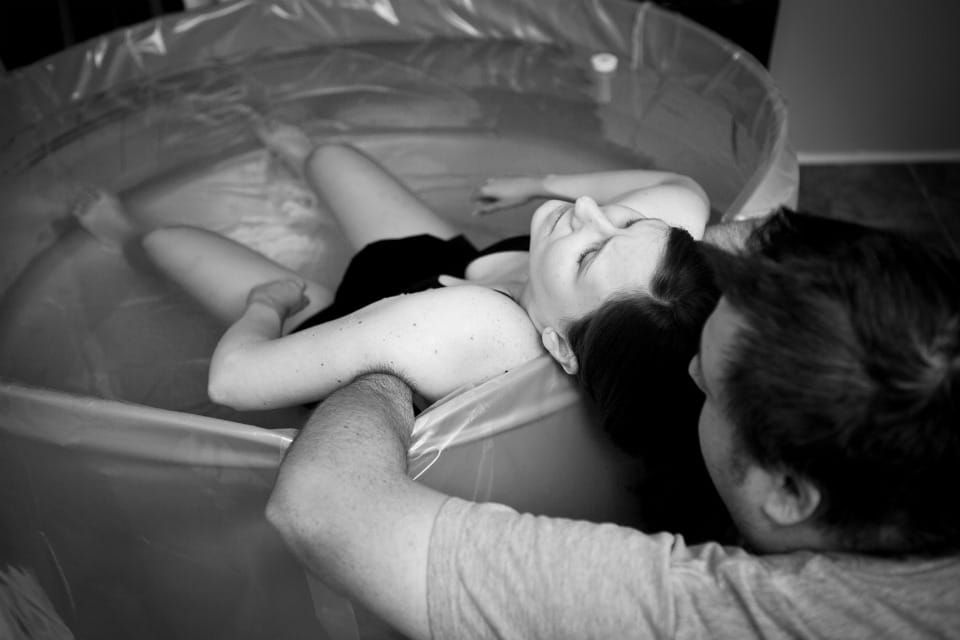When your birth plan doesn’t go to plan!
Midwife, Lactation consultant (IBCLC), Child and Family Health Nurse, baby wearing consultant and mum of two, Bel Moore, has put together a blog about how to cope when your birth plan does go the way you planned.
Most women look forward to the birth of their baby and envision it as a joyful and empowering experience, transitioning them into motherhood.
Unfortunately, this is not the case for everyone with 25-34% of women reporting their birth as being traumatic.

So, what is a birth trauma?
Birth trauma is a response to a real or perceived traumatic event that occurred during labour or birth and is a form of postnatal post traumatic stress disorder (PTSD).
A physical injury to either the mother or baby does not have to occur nor do others (partners or medical professionals) have to agree that the event was also traumatic.
Everyone is different and will cope with experiences in a unique way but common events that can increase the risk of birth trauma are:
- Physical injury to self or baby (eg. episiotomy, broken clavicle)
- Medical emergencies (eg. Shoulder dystocia, cord prolapse etc)
- Experiencing a sense of loss of control or not feeling heard/supported by health professionals or support people
- Feeling extremely anxious and afraid
- Fearing for baby and/or own life.
- Long or very quick labour/ birth
- Poor pain management
- High levels of medical intervention ( eg inductions etc)
- Emergency deliveries, e.g. emergency caesarean, forceps, vacuum
- Lack of information or explanation regarding decisions
- Lack of privacy and dignity
- Stillbirth
- Baby needing resuscitation or stay in SCN/NICU
Signs and symptoms
So, what are the signs or symptoms a person struggling with birth trauma might experience?
The effects of a traumatic birth vary from person to person and it is often mistaken for postnatal depression (PND) as the signs and symptoms are similar.
Someone suffering from birth trauma might experience:
- Flashbacks of the birth
- Nightmares
- Recurrent or intrusive images or thoughts of the birth
- Inability to remember certain parts of the birth
- Feeling panicked and edgy
- Extreme fear of giving birth again
- Avoiding reminders of the traumatic experience ( such as hospital, doctors etc)
- Anger
- Irritability
- Depression
- Difficulty bonding with baby
- Sleeping difficulties

How to heal
Recovery from a traumatic birth experience is unique for each person but will occur with time and support.
Gain additional support: Speak about how you are feeling to someone you trust like your partner, family, midwife, child and family health nurse, Ob/Gyn or GP. Reliving or discussing the event may be difficult for some, but others feel a great
sense of relief once they are able to discuss and debrief.
Practice self care: Be kind to yourself, even the most ‘perfect’ birth takes time to physically and mentally recover from. Try getting some sleep, taking or asking for practical support, try getting some exercise or fresh air each day, yoga and
meditation can also help.
Debrief: Make an appointment with your care provider to be able to discuss the traumatic experience. You are also able to request your hospital/ birth notes (usually for a fee) thanks to the Health Records and Information Privacy Act 2002 to better understand what may have occurred.
Join a support group: Sharing your experiences with others may help you to make sense of what happened and also make you feel like you are not alone. You can also connect with other new mums via The Healthy Mummy’s New Mum Private Support Group.
Write out your birth story: Own the experience. This can also assist in the debriefing process. It enables the health care provider to see your version of the events.
See a psychologist or counsellor: See a professional if you feel like you need additional help to recover from the birth. See a GP first for a referral and request a mental health care plan to access reduced cost psychology services. The
hospital may also be able to provide some services such as social work as well.
Educate yourself further on trauma recovery: Borrow self help books out from the library or search the web for some great websites for additional tips on recovery. The Healthy Mummy’s New Mum Facebook Page is also a great place to read articles relating to new mums, support and available services.
Make a formal complaint: If you feel your birth trauma was caused by inadequate or inappropriate care by health professionals you can report them or the incident directly to the hospital, to the professional body that the professional is registered with (APHRA for midwives) or the Health Care Complaints Commission.
What about your next birth?
Most women who have experienced birth trauma will be apprehensive or fearful of another birthing experience. Some tips to help to reduce this anxiety and make the next birth a better experience are:
- Let your care provider know of your past experience and fears you have for this birth so you can discuss and work through them.
- Have a birth plan – Empower yourself by researching and making informed birthing choices.
- Be well supported – think about hiring a doula, having extra support people for the next birth or doing a birthing course such as hypnobirthing or calmbirthing.
Where to get additional help and support
- PANDA
- Beyondblue

Disclaimer: Always speak to your doctor before changing your diet, taking any supplements or undertaking any exercise program in pregnancy. The information on this site is for reference only and is not medical advice and should not be treated as such, and is not intended in any way as a substitute for professional medical advice.









